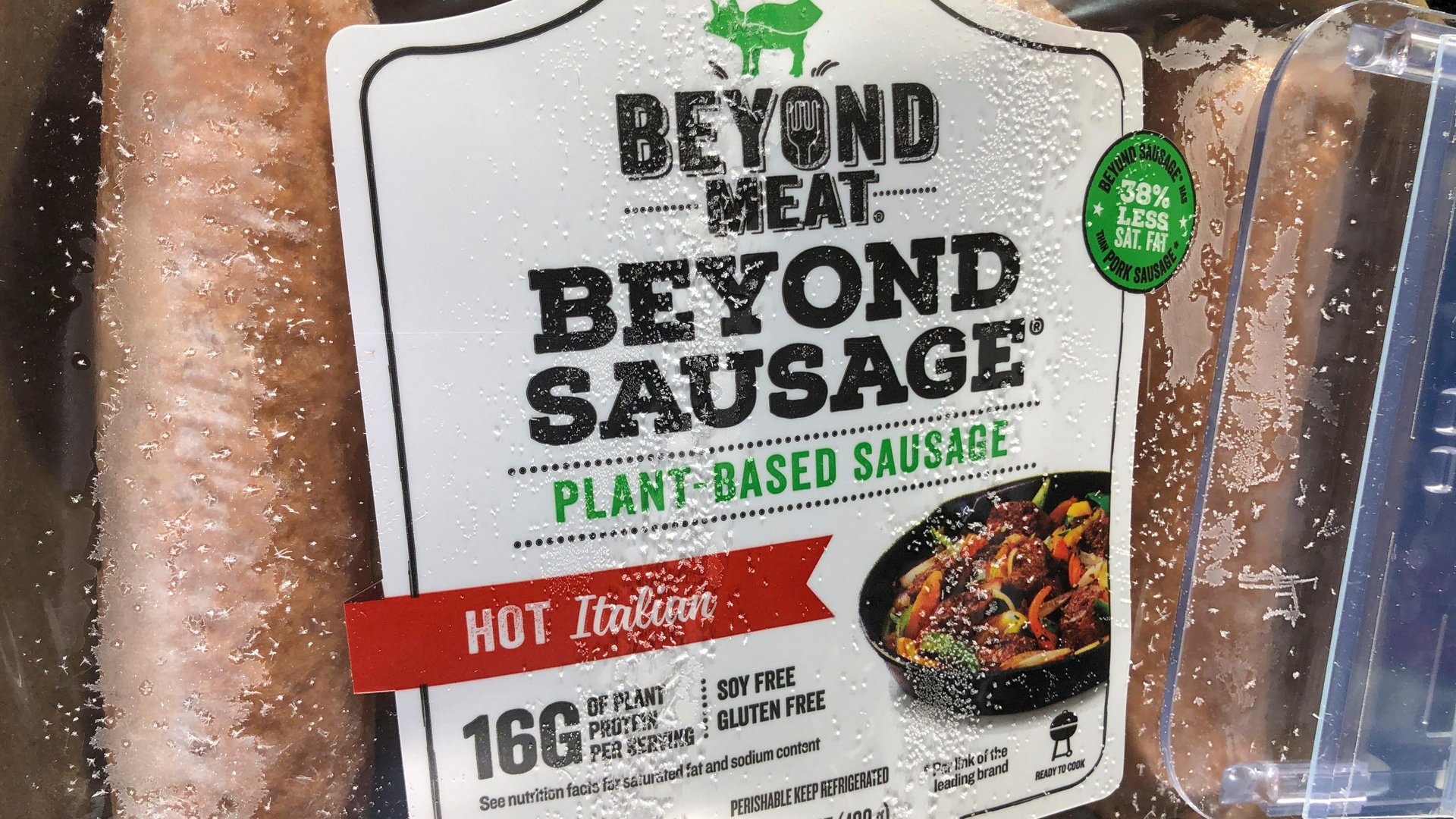The lack of appetite for fake meat means layoffs at Beyond Meat
Inflation and a competitive market are hurting the alternative-protein company

Beyond Meat will cut 19% of its global workforce, or about 200 employees, the company said in a regulatory filing (pdf) on Oct. 14, suggesting that plant-based meat’s popularity has sizzled out. The cuts are expected to be completed by end of the year, and the company’s goal is to become cash-flow positive within the second half of 2023.
The alternative-protein company also announced changes to its leadership in the filing, including the exit of its chief operating officer Douglas Ramsey who was recently arrested for assault after allegedly biting a man’s nose outside an Arkansas football game. The company said Ramsey’s last day of employment is Oct. 14.
The workforce reduction comes at a moment when Beyond Meat’s financials are looking bleak. The Los Angeles-based company, which went public in 2019, said it expects third-quarter revenue to be down 23% compared to the same period last year. Beyond Meat’s stock is down 50% since the start of the year.
People want cheaper food
Part of the reason for the decline in revenue is that demand in the plant-based meat category, particularly, in the refrigerated segment, has been weak, said the company. Retailers have also postponed or canceled promotions, said Beyond Meat, suggesting that shoppers just aren’t buying fake meat.
With food prices so high, consumers are turning to cheaper forms of protein. One of the biggest challenges for plant-based meat companies is that they have yet to reach price parity with real meat, and the plant-based alternative is more expensive than traditional vegetarian fare like lentils or beans. Overall, US plant-based meat sales have made less of a dent in the market for its traditional counterpart compared to alternative milks, which represent 15% of total US milk sales, according to Nielsen.
Saturated plant-based market
Beyond Meat, which was founded in 2009 and sells plant-based options in beef, pork, and poultry, also faces an increasingly competitive market. Big meat companies including JBS and Cargill have been investing in plant-based proteins and laboratory-grown meats in recent years, particularly, as the options for plant-based food, from milk to chicken, continue to grow. Meanwhile, its rival Impossible Foods has held back from going public due to the volatile market.